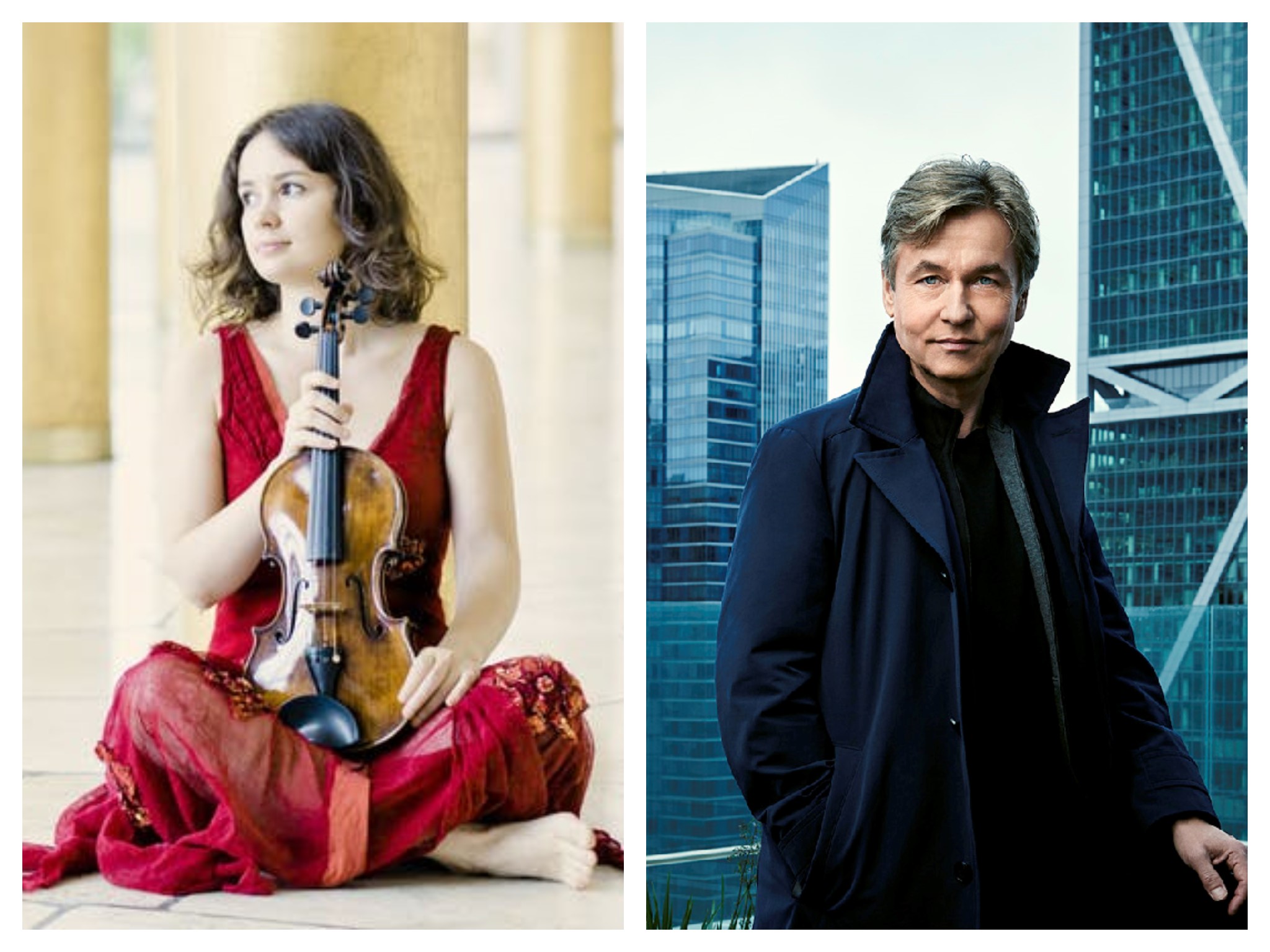LA Phil Hits High and Low Notes with Wayward Tchaikovsky and Explosive Rite of Spring
/By Truman C. Wang
4/14/2019
What a difference a week makes!
Last week’s Tchaikovsky Violin Concerto (April 6) was billed as violinist Patricia Kopatchinskaja’s “unique interpretation” of the piece. That had to be the understatement of the season. Listening to the performance, one had the uneasy sensation of the orchestra and the soloist playing on different planets. The gut strings on Kopatchinskaja’s violin were mostly inaudible against the full force of a modern orchestra, and her neurotic and wayward playing left no bar unmolested and no dynamic marking observed (the slow movement Canzonetta was played in a barely-audible pppp to pp throughout.) I applaud Ms. Kopatchinskaja’s singular enthusiasm for a classic warhorse but she is woefully out of steppe with Tchaikovsky. The audience was ecstatic and thoroughly entertained by a circus freak show, while the LA Phil musicians mostly just sat on their hands during all this commotion. Unsuk Chin’s new Concerto for Orchestra, Spira, came off as more enjoyably avant-garde than the Tchaikovsky – a satisfying, hearty primordial soup of sounds featuring two vibraphones and a full complement of exotic percussions. Debussy’s oceanic La Mer showed the LA Phil in fine fettle with Mirga Gražinytė-Tyla taking the helm on the podium. Ms. Gražinytė-Tyla, a graduate of the Gustavo Dudamel school of conducting, was a youthful bundle of energy, exhibiting lots of aft and fore motions, plus one or two exciting feats of levitation.
This week, we go from the Bad Girl of the Violin to the Bad Boy of the Ballet.
Igor Stravinsky’s The Rite of Spring caused quite a public stir at its 1913 Paris premiere, so avant-garde and revolutionary in its concept and execution that it changed classical ballet (and Western music) forever. LA Phil’s beloved former Music Director Esa-Pekka Salonen returned to conduct (April 12) and I felt like echoing Stravinsky’s terse comment on a Bernstein performance of the piece: “Wow!” Clearly not from the Dudamel school of conducting, Salonen’s reading had not only the power, weight, the heavy surge of the score, but also glowing lyricism and high drama (notably in the Part One round dance). Hearing it set one’s pulses beating faster and the blood racing. It’s charged, mysterious and frightening. The other two Stravinsky rarities, Funeral Song (an early work newly discovered in 2015) and modernist ballet Agon were memorably played with a great deal of passion and vitality.
Truman C. Wang is Editor-in-Chief of Classical Voice, whose articles have appeared in the Pasadena Star-News, San Gabriel Valley Tribune, other Southern California publications, as well as the Hawaiian Chinese Daily. He studied Integrative Biology and Music at U.C. Berkeley.

